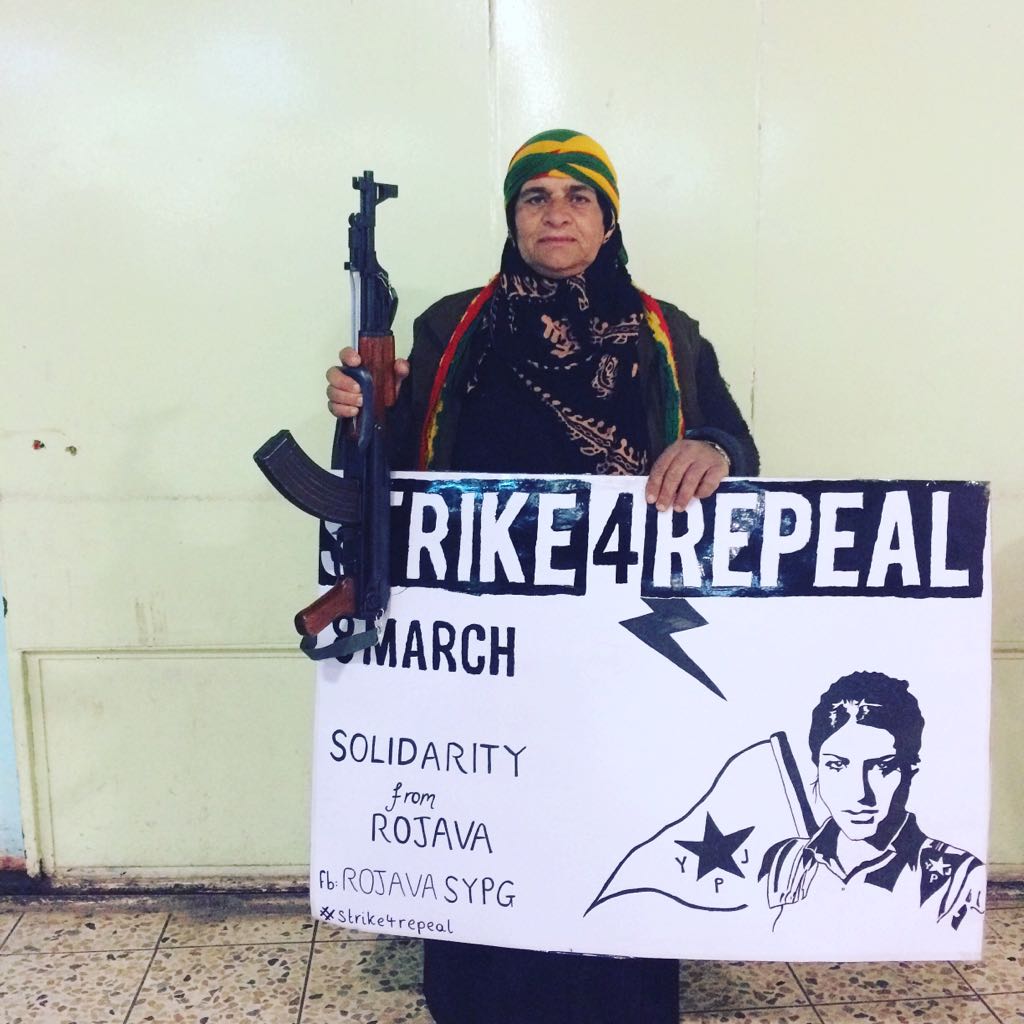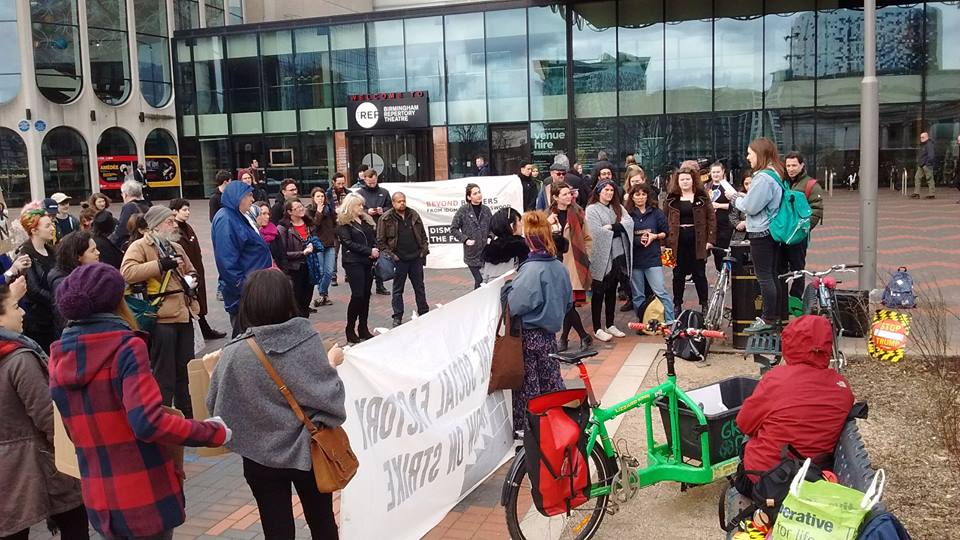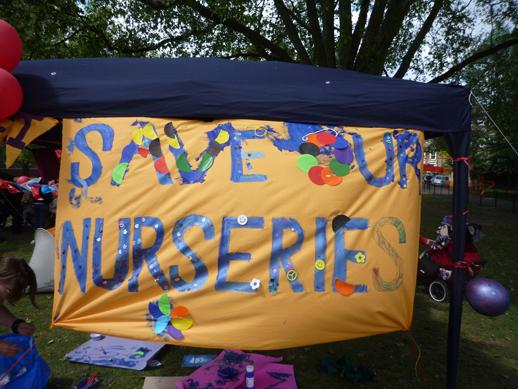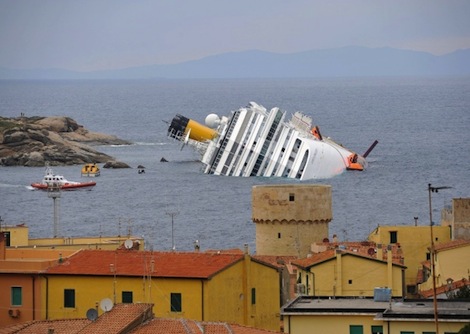International Womens’ day 2017 saw the first ever International Womens’ strike, and a huge range of activity in the UK and beyond. We collected some texts reflecting on the strike here. The following reports come from a few key areas where Plan C groups either led mobilisations or participated in events that have not been widely reported in the UK.
Thames Valley
On March the 8th, International Women’s Day, Thames Valley Plan C alongside Royal Holloway Feminist society, Royal Holloway Women of Colour Collective, the ‘English Pen’, LGBTQ activists and students and lecturers took part in a strike and walkout of seminars in solidarity with Irish activists fighting for abortion rights and bodily autonomy and with all of those around the world answering the call for the ‘International Women’s Strike’.
Negotiating a free space within the campus, these organisations ran a series of lectures and open discussions addressing the racialized and patriarchal ordering of capitalism and contemporary society, with Plan C paying particular attention to the role of the strike and social reproduction as necessary weapons for our collective struggles.
Plan C proposed an ongoing ‘Solidarity network’ as a means to continue our discussions and to build greater communication and support for campaigns, actions and issues effecting both students and staff at RHUL. This proposal was warmly received and an initial meeting of this network is planned for the coming weeks. A recording of the Plan C speaker is available below:
[mixcloud]https://www.mixcloud.com/PlanCLondon/international-womens-day-assembly-social-reproduction-and-revolution/[/mixcloud]
Birmingham
On International Women’s Day Plan C Birmingham called a Women’s Strike, held a rally at lunchtime in central Birmingham and arranged an evening open meeting called ‘How can women strike?’ to discuss striking and feminist organising in Birmingham. At the rally outside the Library of Birmingham radical artwork made in an earlier public art afternoon in preparation for the day was displayed, pegged on washing line strung around bollards and across hedging. A curated playlist of female artists played whilst people started to congregate around 1pm. Speakers included Bea Hughes from Plan C Birmingham and Sharon McCourt from Left Unity who highlighted the purpose of striking to make women’s work visible, the attack on women’s rights and services and the need to garner support and work with supportive men in Birmingham. Many people came with their own placards who had simply seen the Facebook event and were not familiar with Plan C. Elsewhere in the city workers at the Grand Union Gallery also went on strike for the day.
The evening event was a definitive success with a large international attendance of both women and men. Childcare was provided as well as food and drinks. First up Dylan Dunnett from Plan C Birmingham spoke on social reproduction and queer feminism followed by Rachel O’Brien from Disabled and Mentally ill Students Association (DAMSA) and NUS Disabled Students Campaign who spoke on the difficulties disabled people and women face under cuts and the impossible benefits system. After this a snippet on women’s struggle in Poland against the criminalisation of abortion was played from the Women’s Strike meeting at the Transnational Social Strike conference, followed by open discussion. The discussion focused mainly on how women living in Birmingham can act in solidarity with women internationally and organise together and to take strategic action in the city. Kurdish women spoke about trafficking and the potential for a sticker solidarity and helpline campaign that could be run in women’s bathrooms. The idea of running an outreach campaign was floated to highlight to migrant women in Birmingham their rights as well as services they can access. Women from Chile spoke about the Ni Una Di Menos campaign from South America, highlighting the struggle that women have engaged in for decades against femicide that women in the UK need to acknowledge. Lastly, we discussed some pro-life events that are planned in the centre of the city and have provisionally agreed to organise pro-choice counter protests and explore ways we can disrupt the events or get them cancelled.
Qamishlo, Rojava
Things started gearing up for International Women’s day here weeks in advance. There were weekly meetings at the women’s commune, Kongreya Star and organisations across the region printed flyers and released declarations emphasising the significance of the women’s revolution. On the day itself we walked through streets covered in purple flags to join a convoy of hundreds of cars that sped together into the countryside trailing YPJ flags and snatches of chants and songs. Over a thousand people gathered together in the sun to listen to speakers from all over the canton. The revolution here is often most lauded for it’s empowerment of and dedication to the rights of women and March 8th felt like a celebration of both how far we have come and the commitment to continuing the fight. We danced and sang in honour of the women who have fought and bled and died for our gender, both in Rojava and worldwide.






